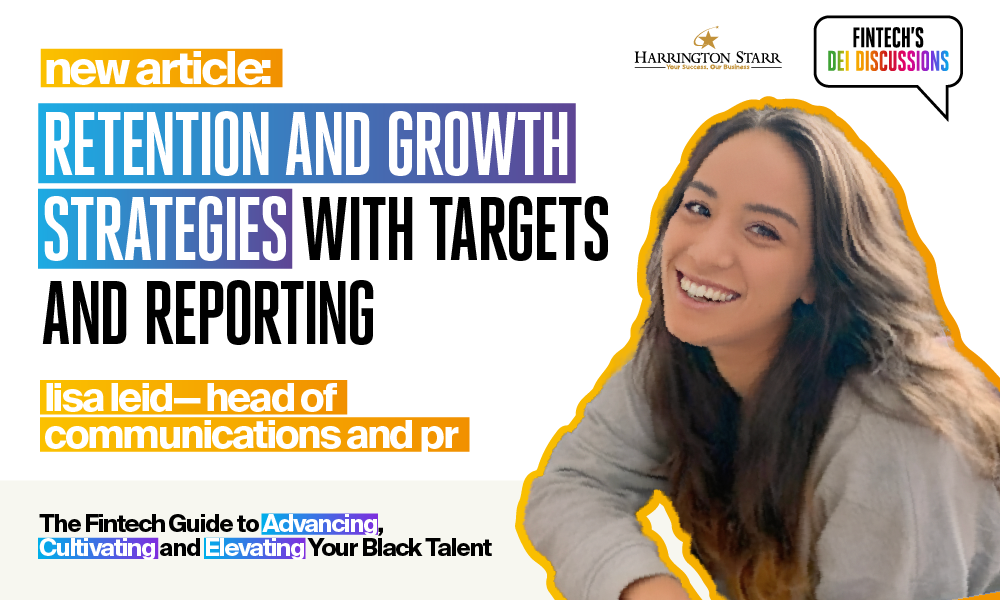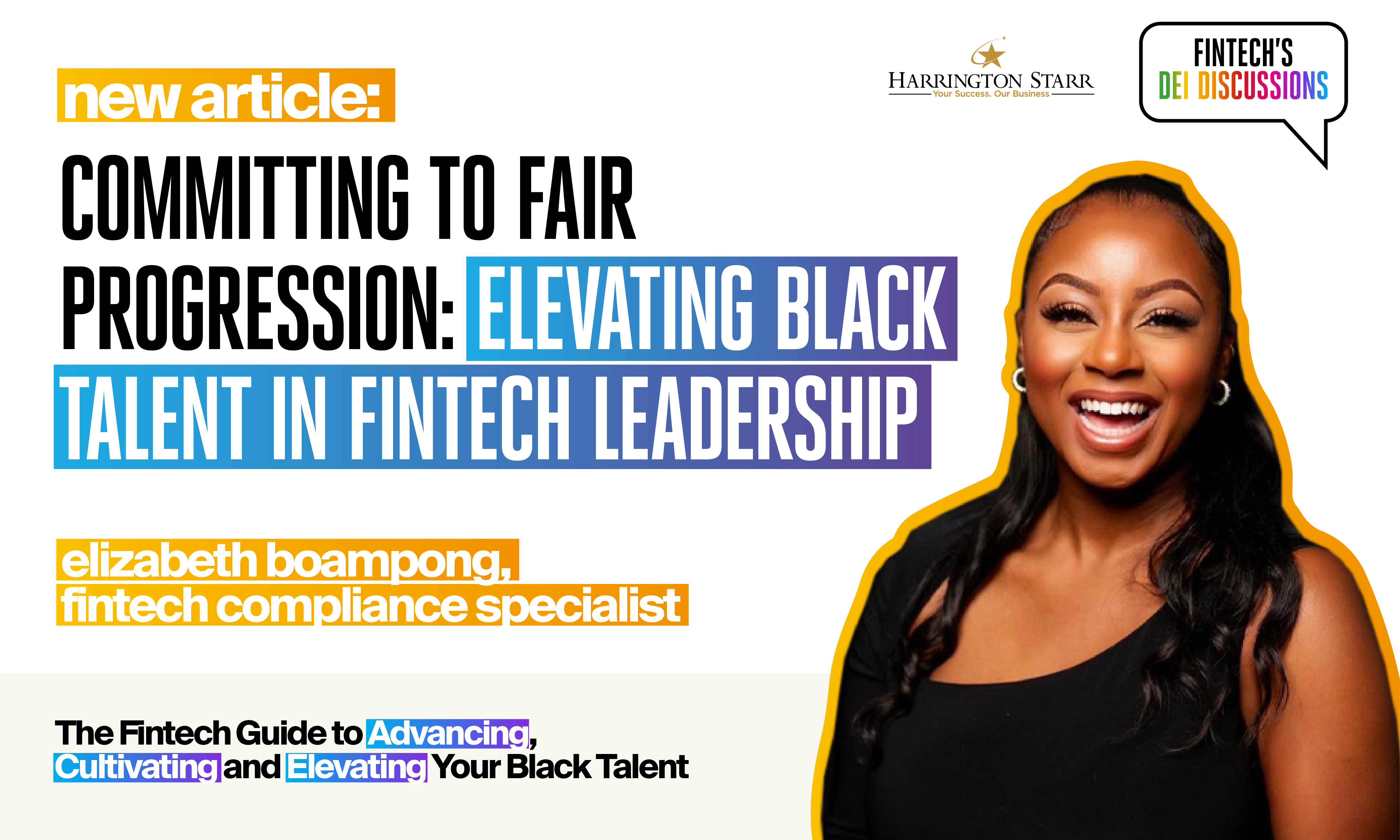In the fast-paced world of FinTechs, where innovation and diversity meet, cultivating an inclusive workplace should not just be a moral objective but a strategic advantage. Having worked in senior People roles within a number of London-based FinTechs, I've witnessed first-hand the importance of nurturing an environment where all employees, especially Black talent, feel valued, respected, and empowered to thrive. One crucial aspect of fostering such an environment is addressing microaggressions through education and standard setting.
Before I dive into the subject, I feel it’s important to state that we are all equally responsible for creating inclusive workplaces by being willing to lead with positive intent, so that we do not condemn people for simply not understanding the impact of their words and actions. The key takeaway is to encourage our team members and colleagues to be open to asking uncomfortable questions so they can better understand.
Promoting cultural awareness and education among employees lays the foundation for understanding and respecting diverse perspectives. By incorporating cultural competency training into onboarding processes and offering ongoing learning opportunities, you can equip your teams with the knowledge and skills needed to navigate diverse workplace dynamics sensitively. These initiatives not only foster empathy and inclusivity but also drive innovation by encouraging the exchange of diverse ideas and experiences.
Establishing clear policies and guidelines for reporting and addressing microaggressions is essential in creating a safe and transparent work environment. Having zero-tolerance policies against discrimination and harassment ensures that all employees, regardless of their background, feel empowered to speak up without fear of retaliation. In essence, by providing multiple reporting channels and ensuring confidentiality, you can encourage accountability and effective resolution of issues.
Training and standard setting are essential to the success of any business, especially in the realm of diversity, equity and inclusion. Incorporating diversity metrics into performance reviews and tying them to career advancement opportunities sends a clear message that embracing diversity is not just a tick-box but a core value of your organisation. By holding leaders accountable for fostering inclusive team cultures and rewarding behaviours that promote diversity, you can drive meaningful change from the top down.
Building a consistent and continual approach to addressing microaggressions requires a multi-faceted strategy that evolves with the needs of your workforce. Regular pulse surveys and focus groups will help you gauge employee sentiment and identify areas for improvement or concern. Additionally, investing in diversity training for managers equips them with the tools to recognise and address microaggressions proactively, thereby preventing harm before it occurs.
In conclusion, addressing microaggressions through education and standard setting is not just a moral imperative but of strategic importance for fintechs and indeed all companies looking to accelerate, cultivate, and elevate their Black talent. By promoting cultural awareness, establishing clear policies, integrating training into the fabric of your organisation, and maintaining a constant and continual approach to diversity and inclusion, you create an environment where all employees can bring their authentic selves to work and thrive.
By Michelle Rockson, Lead People Partner at TrueLayer






